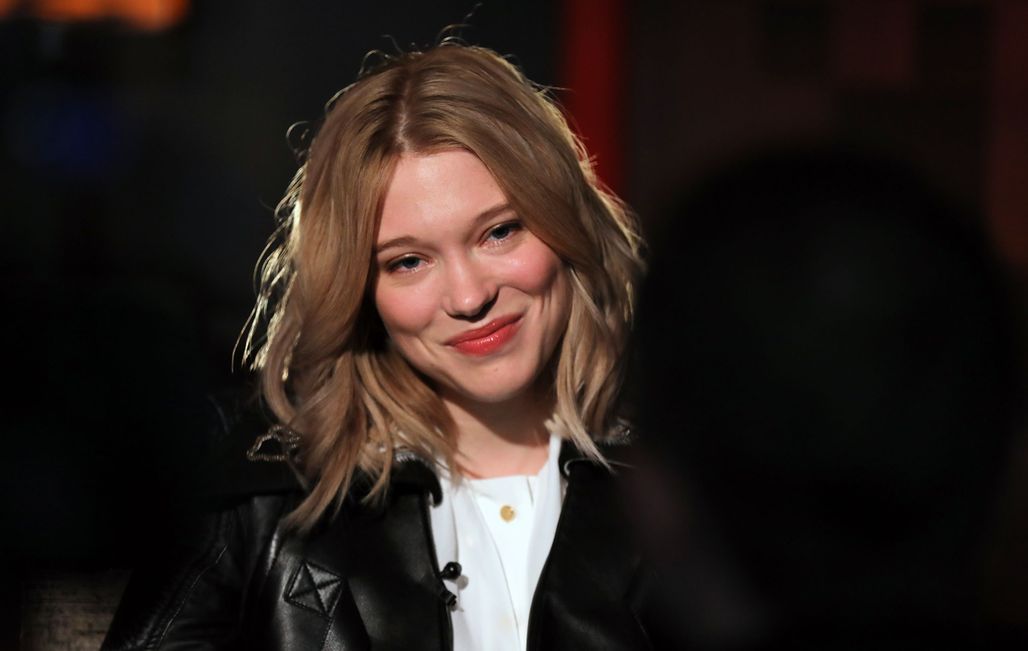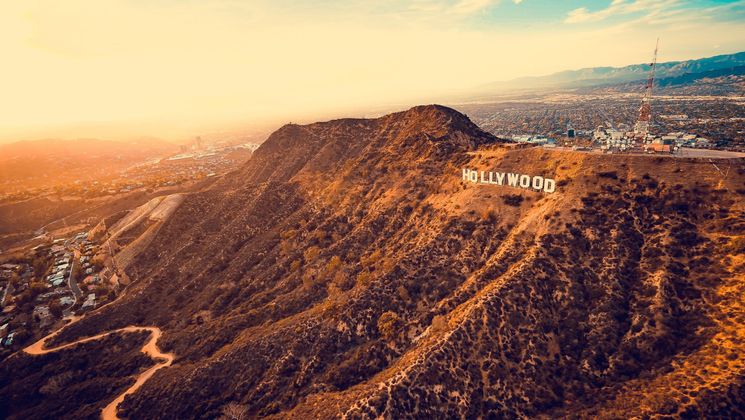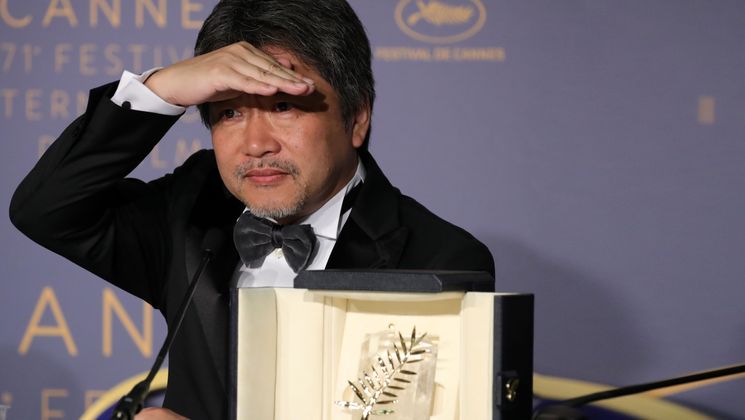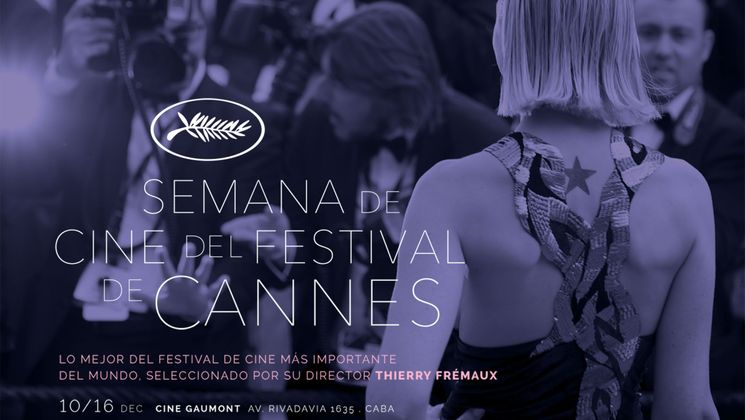
Close-up with Léa Seydoux, Feature Films Jury member

Léa Seydoux has already represented seven films at the Festival de Cannes, including Abdellatif Kechiche's La Vie d’Adèle, winner of the 2013 Palme d’or. Along with Robert Guédiguian, the beautiful actress is flying the French flag on the Feature Films Jury, led by Cate Blanchett. She talks to us here about the importance of crossing borders.
How do you approach your role as a member of the jury for this edition of the Festival?
Very calmly, although I take my role very seriously. I'm also very curious to discover the opinions of the other jury members; they help me reflect on cinema, on myself and my relationship to the world and on art… I have formed an intense connection with them. We have a lot of discussions, which can go on for hours. Being an actress and a jury member evokes powerful emotions; it's crazy what you can come across: such a diverse range of films which can't really be compared to each other. At the Festival de Cannes, you really live cinema, day by day.
Do you look at these films with an actor's eyes?
No, because for me the actors' performance is not necessarily tied to the emotional power of the film. For example, Robert Bresson's films are very moving, although you couldn't say his actors were the best. Beyond that, of course, I make distinctions which depend on the director: some of them are excellent at staging, others at development and others at directing actors. A successful film brings all these elements together, with an assured consistency.
What type of president is Cate Blanchett?
I admire her: she's a role model. Being intimidated by her is very enjoyable! She is very receptive and sensitive and puts everyone on an equal footing. And I can sense that she likes us, that we have a warm relationship. I'm very proud to be led by a woman president and by her in particular.
We often hear about La Vie d’Adèle, the superb winner of the Palme d’or. But what would be your personal choice of film to champion?
There are several that I love; I'm not sure if I could choose one of them. However some of my films have a theme which touches me more than others. Even as a jury member, I can clearly see that there are certain subjects which resonate with me. Films connected to the family and motherhood are always among my hot topics. Just as a director can have recurring themes, I think that as an actress I have topics which blow me away. Perhaps I will move on from them at some point, but at the moment it's blood relationships which call out to me.
Your career has taken an international turn; how do you see France from abroad?
France can sometimes be intimidating; you can quickly feel judged here. Having a doorway onto the international scene opens up your perspective. It's a release. When I shoot in French it's more intimate and I feel more naked, more raw, whereas in English it's more fun. Anglo-Saxons are less interested in judging your work. You can arrive with a clean sheet, whereas in France you are immediately linked to your background and placed in a category. I would have been very unhappy to have been a French actress who only made films in France.
What are your standout memories from the Festival?
Receiving the Palme d’or! It was unbelievable, crazy. It was all crazy: the Prize, everything. That year, 2013, I had another film being shown at Un Certain Regard (Grand Central by Rebecca Zlotowski) and I had stayed at Cannes. The Festival was a bit gloomy; there was no life to it. Then suddenly we had the screening of La Vie d’Adèle, the film I had made, which had been difficult to make, which I had invested everything into. Sometimes you invest yourself in a project that comes to nothing, although it has asked a lot of you. There are no rules, but here? No. Then suddenly it was though everything fell into place; it was remarkable. I was so afraid, because you have to remember the context; we had stripped ourselves naked, literally and figuratively and there could have been a violent reaction against that. I said to myself: "it's going to be a disaster". And suddenly it was a tidal wave! The fact that the film won such success, that people went mad for it, meant the Festival caught fire and took off. Everyone was talking about it. I felt like we had made cinematic history, but also history in our time, because it was when the equal marriage demonstrations were taking place. We were in synch with what was happening politically. I felt we were participating a new phase in history.


